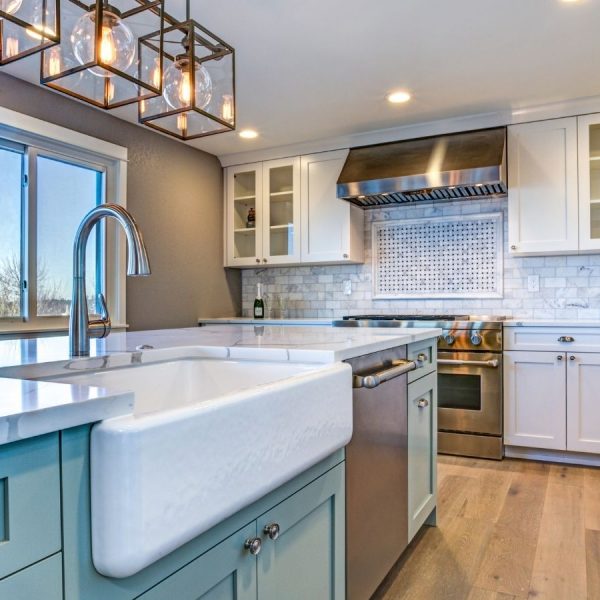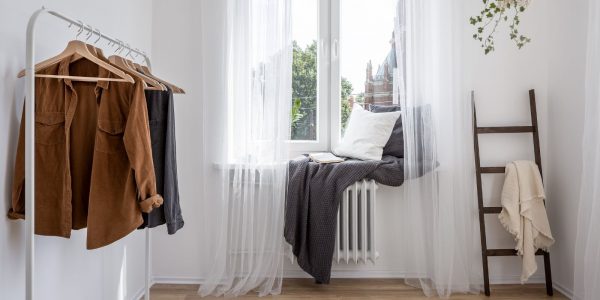
The average monthly rent in the United Kingdom is currently £1,029. Monthly rent in the United Kingdom grew by 6.6 per cent in the year to July 2021, climbing from £965 to £1,029. In July, all areas in the UK saw an increase in monthly renting over the previous year, with the South West seeing the most considerable rise of 12.9 per cent.
August and September account for more than one-fifth of all new rental tenancies. Therefore the following two months are expected to be busy. Rental projections are optimistic, with the RICS residential poll predicting a 3% increase in rentals over the next year.
According to the Dataloft Demand Index, home demand is presently 22% higher than a year ago, indicating that housing market momentum is still strong. Following the SDLT and Land Transaction Tax deadlines on June 30th, demand decreased 7%, yet it is still more significant than a year earlier. This shift is evident in mortgage approvals, which fell 6.5 per cent year over year in June but are still 20% higher than the long-term June average (Bank of England). Asking prices have risen to new highs throughout the UK (Rightmove), and price growth is expected to continue as demand outstrips supply.
If you are still on the fence about whether to rent or buy, we have listed the advantages and disadvantages below to help:
Renting a house has a lot of benefits:
- Tenancies can last as little as six months, and you can leave if it isn’t working out.
- Giving the notice to vacate offers you the freedom to move to a different type of property or a different location.
- Moving out of a leased house is frequently faster than selling a home, which is advantageous if a relationship ends. Renting may also be an excellent method to put a new connection to the test.
- You won’t have to worry about maintenance expenditures, which means you won’t be held liable for things like a broken boiler.
- When you rent a furnished apartment, you get the furniture and white goods as well.
Disadvantages of renting:
- When your lease comes up for renewal, your landlord may opt to raise your rent.
- You can’t renovate without your landlord’s permission.
- Because you have little influence over how your home is maintained, repairs may take longer than you would want.
- If your landlord decides to sell the property, you may have to relocate, which involves uprooting your life and finding a new place to live.
- Renters may find themselves in a battle with their landlord to reclaim their whole deposit.
The Benefits of Owning a Home:
- You enjoy the security of a long-term residence without the fear of being evicted by your landlord.
- No need for anyone’s permission to design your home.
- You have more control over scheduling repairs.
- Mortgage interest rates are now exceptionally low, with some lenders providing offers with rates as low as 1%.
- You will own an entire home.
The drawbacks of owning a home:
- Saving a deposit is difficult and time-consuming, especially when property prices rise, making it more expensive.
- You’ll have to pay the mortgage and legal costs, as well as maybe stamp duty.
- You must pay for any repairs that are required.
- Homeowners are affected by changes in housing prices. You will be in negative equity if the value of your house falls below the mortgage you secured on it. It will be difficult to refinance or sell your house unless you have sufficient resources to cover the gap between the value of your home and the mortgage.
- Even if home prices do not fall, the market may remain slow. It might take months to find the right match.
If you are thinking of moving house and aren’t sure where to start looking for accommodation, give our team at Qube Residential a shout for any queries.
Sources: Dataloft, the Bank of England and Rightmove.



